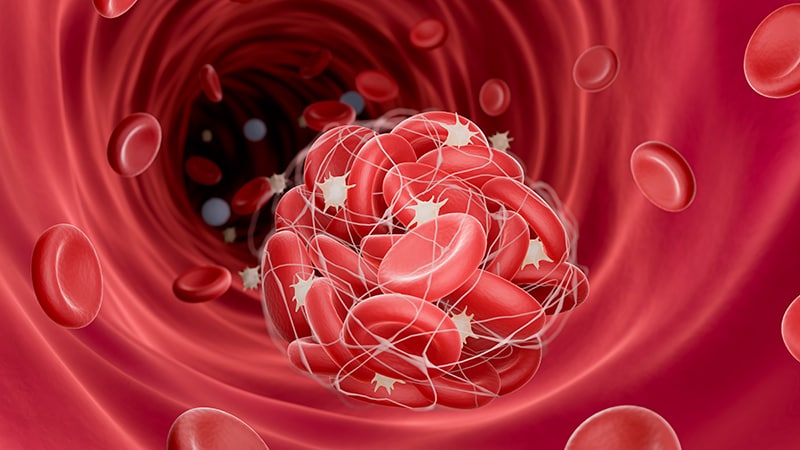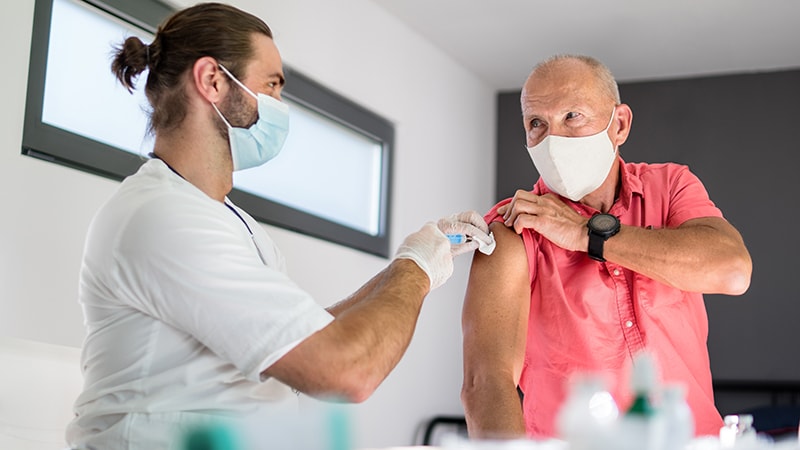These are the latest UK coronavirus stories you need to know.
Oxford Vaccine 'Milestone'
The University of Oxford's coronavirus vaccine is safe and induces an immune response, according to the first phases of human trials.
"It's a really important milestone," said Professor Sarah Gilbert, lead researcher of the vaccine development programme, and professor of vaccinology, University of Oxford, after the publication of early-stage results from phase I/II clinical trials on Monday inThe Lancet.
"There's still a long way to go through," she told a news briefing. "We still need to see how the vaccine performs in older people who are more at risk of severe disease than the people we've accepted in this study, so that's the subject of future work, and there'll be more publications to come."
Vaccine doses were given to 1077 healthy adults aged 18 to 55 in five UK centres between April and May.
Strong antibody and T-cell immune responses were seen for up to 56 days afterwards.
The immune response improved with a second dose.
There were some minor side effects for the vaccine compared to a control group but these were reduced by taking paracetamol. There were no serious adverse effects reported.
The Oxford team said that if further trials are successful, and the vaccine passes regulatory approvals, it is possible vaccination for some UK high-risk groups might be possible by the end of the year.
The Medical Research Council helped to fund the trial. Executive Chair Professor Fiona Watt commented: "It is truly remarkable how fast this vaccine has progressed, with our support, through early clinical trials, and it is very encouraging that it shows no safety concerns and evokes strong immune responses.
"There is a lot that we don’t yet know about immunity to the virus that causes COVID-19. However, it seems that both antibody and T cell immunity are important, and this vaccine triggers both responses. The much anticipated next milestone will be the results of the larger trials that are happening now to find out if the vaccine will protect people from the virus."
The UK had already done a deal with AstraZeneca for access to 100 million doses of the Oxford vaccine.
On Monday, deals were also announced to get access to 90 million doses of promising coronavirus vaccine candidates from the BioNTech/Pfizer alliance and Valneva.
Some of the Valneva vaccine doses will be manufactured in Livingston, Scotland.
The Government also wants to sign up 500,000 volunteers by October to join the NHS COVID-19 vaccine research registry.
This will involve the health science company ZOE which has a symptom study app and website.
Professor Chris Whitty, England's chief medical officer and head of the National Institute for Health Research (NIHR) commented: "Thanks to COVID-19 patients' willingness to take part in treatment studies, we’ve been able to identify treatments that work and ones that don’t, which has improved patient care world-wide. Now that there are several promising vaccines on the horizon, we need to call again on the generosity of the public to help find out which potential vaccines are the most effective."
Treatments
Treatments containing COVID-19-neutralising antibodies are also being purchased from AstraZeneca to protect people who cannot be vaccinated.
Meanwhile, fullresults of a randomised clinical trialinto low-dosedexamethasoneconfirmed earlier preliminary findings that it could save the lives of up to a third of hospitalised patients with severe respiratory complications from COVID-19. TheRECOVERY trialled by the University of Oxford, published inTheNew England Journal of Medicine,found that the use of dexamethasone resulted in lower 28-day mortality among those receiving either invasivemechanical ventilationor oxygen alone.
Southampton-based Synairgen reported positive results for its inhaled interferon beta COVID-19 treatment called SNG001.
In anews releaseit said: "The Phase II double-blind placebo-controlled trial called SG016 recruited 101 patients from nine specialists sites in the UK during the period 30 March to 27 May 2020 and found that patients receiving SNG001 had a 79% lower risk of developing severe disease compared to placebo and additionally that patients who received SNG001 were more than twice as likely to recover from COVID-19 as those on placebo."
The full results have not yet been published or peer reviewed.
Synairgen Chief Executive Richard Marsden said the results "could signal a major breakthrough in the treatment of hospitalised COVID-19 patients".
He continued: "Our efforts are now focused on working with the regulators and other key groups to progress this potential COVID-19 treatment as rapidly as possible."
Commenting via the Science Media Centre, Prof Steve Goodacre, professor of emergency medicine, University of Sheffield, said: "These results are not interpretable. We need the full details and, perhaps more importantly, the trial protocol. The trial should have been registered and a protocol made available before any analysis was undertaken. They could easily have included a link to the trial protocol in their press release. I am concerned they have not done this."
The latest evidence of the NHS cancer case backlog in England due to COVID-19 has been issued by Cancer Research UK.
It said:
- 51% more people are waiting for colonoscopies and 46% more for flexi-sigmoidoscopies
- 44% more patients are waiting for gastroscopies
- 23% more people are waiting for a cystoscopy
Professor Charles Swanton, Cancer Research UK’s chief clinician commented: "Even in 'peace-time' diagnostic testing was stretched to the limit, so the NHS faces a massive challenge to fast-track the millions of people waiting to find out if they have cancer."
One of Scotland's local COVID-19 cluster outbreaks appears to centre on Sitel, a company providing NHS test and trace call centre services in Motherwell.
Staff are being tested. Scotland’s Deputy First Minister John Swinney said it was of "serious concern".
The Observerreported that local councils in England will now get named patient data subject to data safeguarding to help manage COVID-19 outbreaks. This was confirmed in the Commons this afternoon by Matt Hancock, England's health secretary.
Boris Johnson toldThe Sunday Telegraph(paywalled) he viewed a second national lockdown in a similar way to the UK's nuclear deterrent: "I can’t abandon that tool any more than I would abandon a nuclear deterrent. But it is like a nuclear deterrent, I certainly don’t want to use it. And nor do I think we will be in that position again."
On Sunday, Professor Sir Ian Diamond, head of the Office for National Statistics, toldSky Newsthere'd been no spike in cases since many lockdown measures were lifted, and that positive tests have been "basically flat over the last few weeks".
On Friday Public Health England (PHE) said it waspausing publicationof death data after England's Health Secretary Matt Hancock ordered an investigation into its methodology.
Oxford's Centre for Evidence-Based Medicine found PHE hadn't set atime limitfor deaths after a positive test, unlike in the rest of the UK where it was set at 28 days.
However, data are still published on anothergov.ukpage with 11 UK COVID-19 deaths announced on Monday, taking the total to 45,312.
Another 580 positive cases were reported on Monday taking the total UK confirmed cases to 295,372.
Data Privacy Concerns
The Department of Health and Social Care has admitted a data protection impact assessment (DPIA) required under European law had not been obtained for England's test and trace programme.
The admission came after campaigners from theOpen Rights Groupthreatened legal action.
The Information Commissioner's Office is already investigating the service after theSunday Timesreported that contact tracers had posted some private patient data on social media.
The pandemic and lockdown has been a make-or-break time for relationships, the charity Relate reported after a survey of 2058 UK adults (16+) for Relationships Week.
It found 10% of respondents realised they now wanted to propose to their partner but 8% concluded they needed to to end their relationship.



